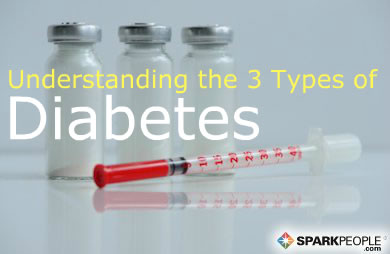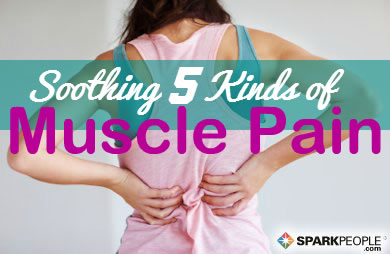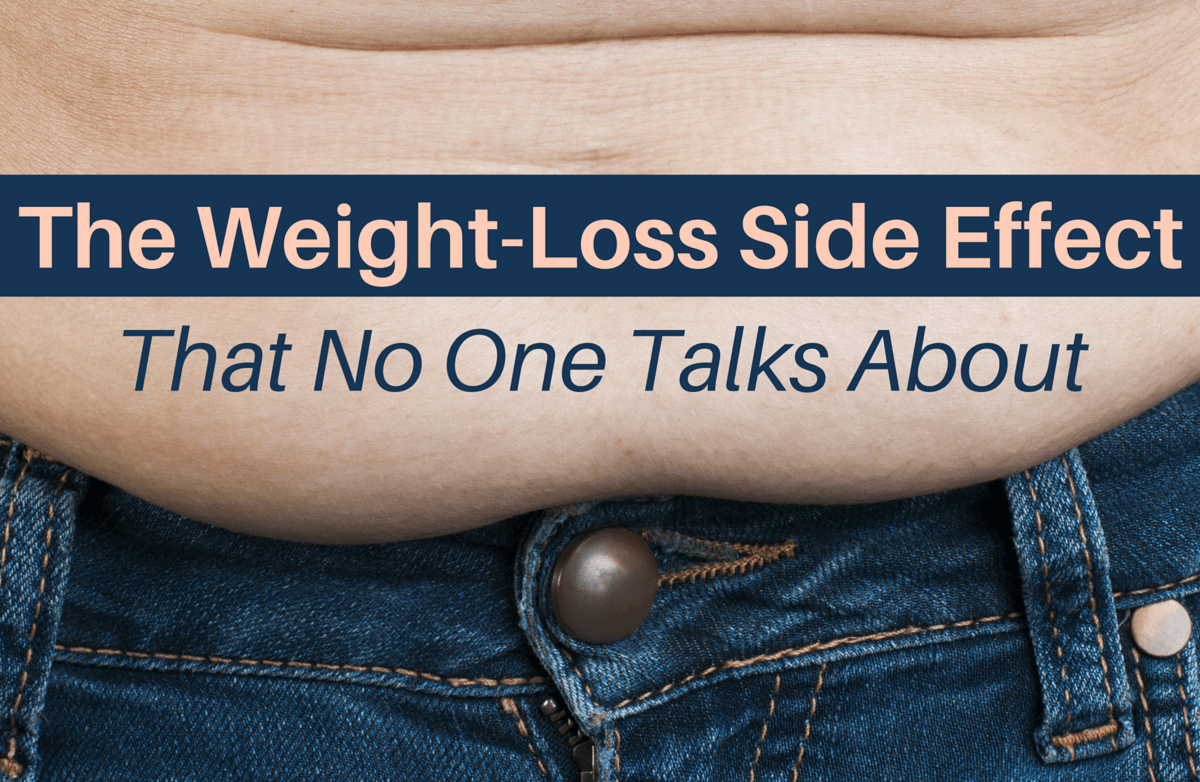|
We’ve always heard that the positive benefits of physical activity continue long after your workout session is over. More energy, less stress and those “feel good” endorphins are some of the immediate effects. But what about the mysterious “afterburn” that a lot of people talk about? Do you really continue burning more calories after the workout, or is it really just during the workout that matters? A new study finds that it’s possible to burn more calories throughout the day--in fact, up to 14 hours later. The study, published in the journal Medicine and Science in Sports and Exercise, took 10 healthy males and examined their energy expenditure under two different sets of conditions. “During the first session, participants were mostly inactive, but they stood and stretched for two minutes every hour. They could also perform everyday tasks, such as washing their hands and brushing their teeth, as needed. During the second session, participants followed the same routine, but then cycled vigorously for 45 minutes.” Researchers found that participants burned 190 additional calories while at rest throughout the day after vigorous exercise (defined in the study as a 73% max heart rate), compared to when they did no activity. The increased calorie burn lasted for over 14 hours--and continued even into the first few hours of sleeping. This is the first study to use a metabolic chamber (a highly controlled environment) to estimate calorie burned after vigorous physical activity. The number of calories each person burns during--and after--a workout will vary. It depends on many factors: gender, age, genetics, type of workout, etc. But it’s something to keep in mind as you weigh the benefits of exercise, and whether or not the time and effort is worthwhile. I think exercise is a key component of any healthy lifestyle, regardless of how much exercise you can do or how intense it is. Previous studies have also shown that your body's metabolism stays revved after a workout and that generally, the more intense the workout is, the greater the post-workout "afterburn" will be. This study just gives one more reason to get off of the couch and get moving--no matter how much or how little time you have! What do you think? |
Popular EntriesMore From SparkPeople
|


.jpg)











.jpg)
.png)